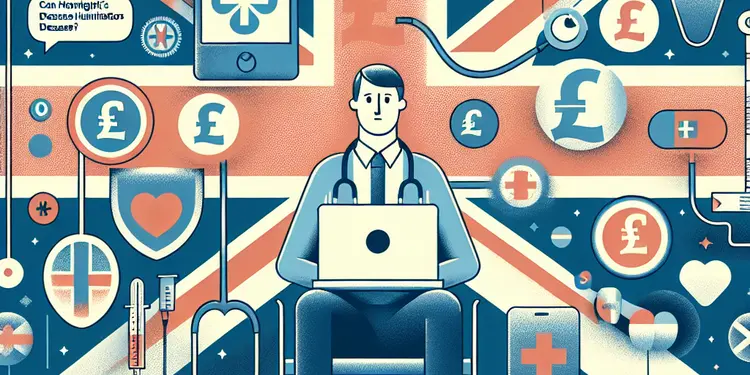
Find Help
More Items From Ergsy search
-
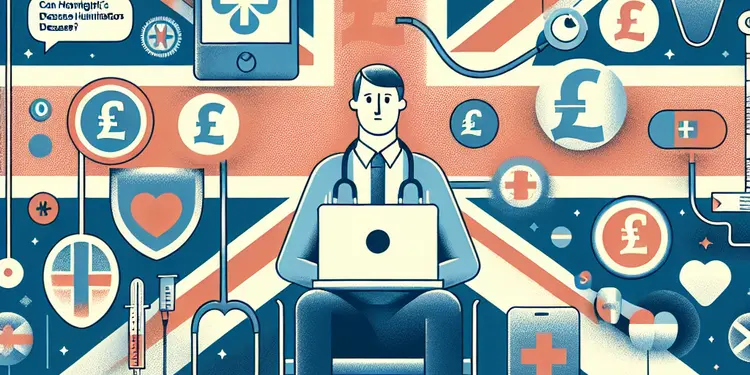
Can Huntington's disease be prevented?
Relevance: 100%
-
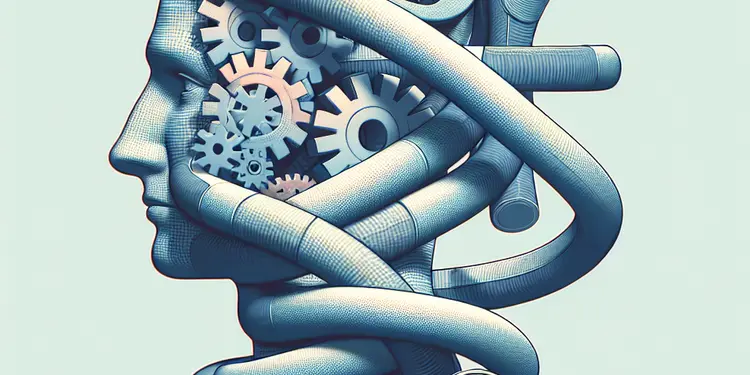
Is Huntington's disease fatal?
Relevance: 85%
-
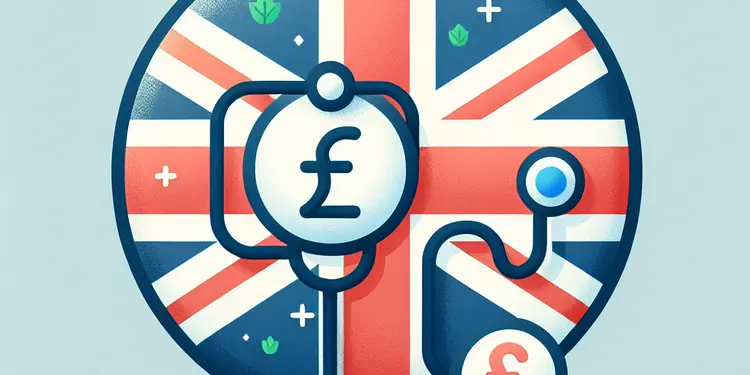
What is Huntington's disease?
Relevance: 85%
-
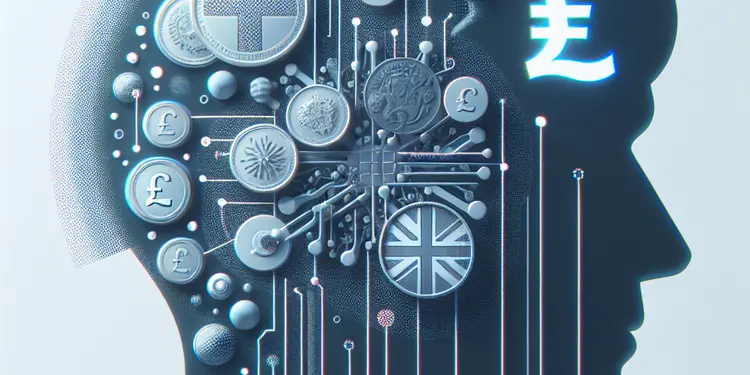
Can Huntington's disease be cured?
Relevance: 81%
-
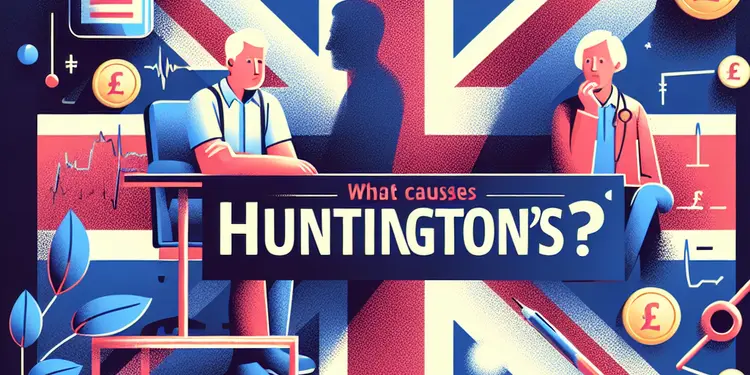
What causes Huntington's disease?
Relevance: 80%
-
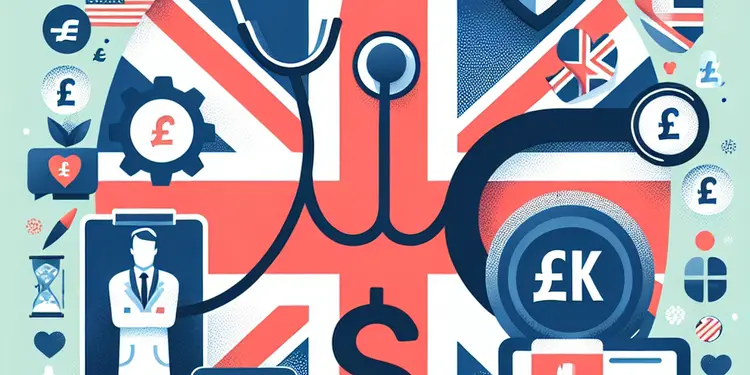
How is Huntington's disease diagnosed?
Relevance: 80%
-
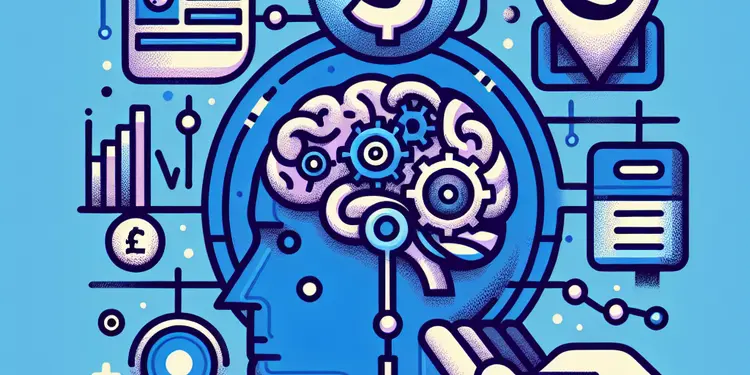
What are the symptoms of Huntington's disease?
Relevance: 79%
-

What research is being done on Huntington's disease?
Relevance: 77%
-
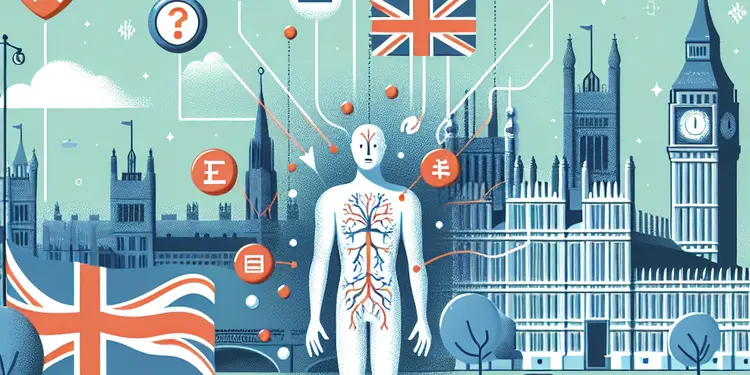
How does Huntington's disease affect emotions?
Relevance: 74%
-

How does Huntington's disease affect movement?
Relevance: 74%
-
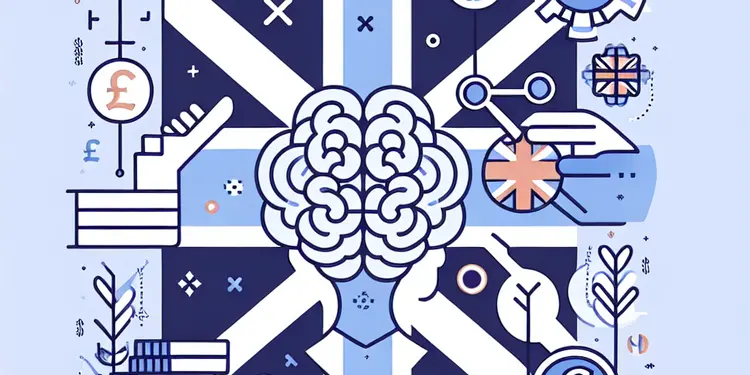
How does Huntington's disease affect cognition?
Relevance: 74%
-

At what age do symptoms of Huntington's disease typically appear?
Relevance: 74%
-
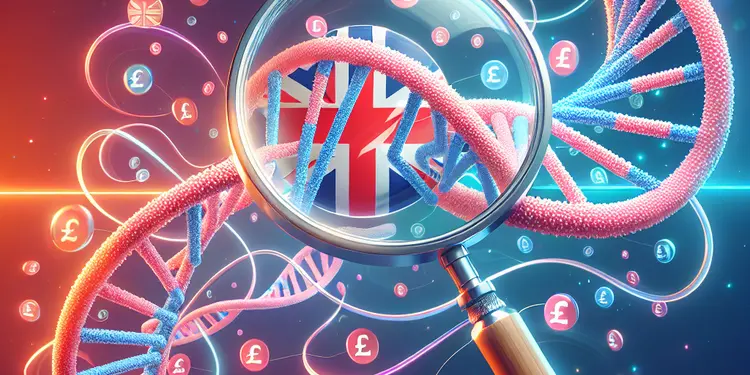
What is the role of genetic testing in Huntington's disease?
Relevance: 74%
-
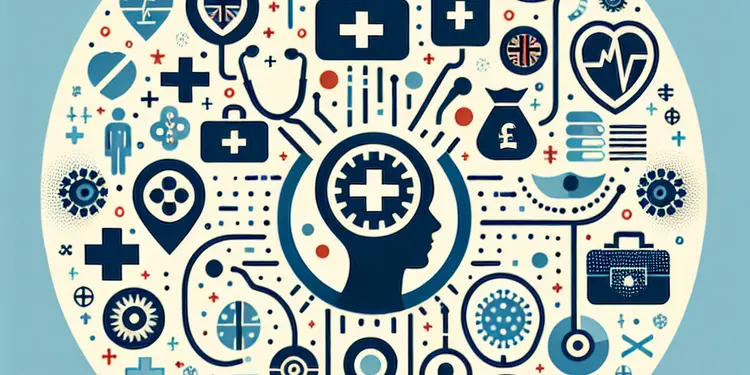
What kinds of specialists are involved in treating Huntington's disease?
Relevance: 72%
-

Can lifestyle changes help manage Huntington's disease?
Relevance: 70%
-
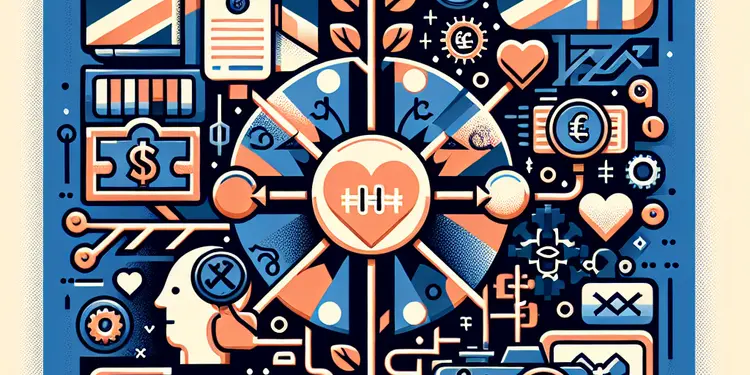
How is Huntington's disease inherited?
Relevance: 58%
-
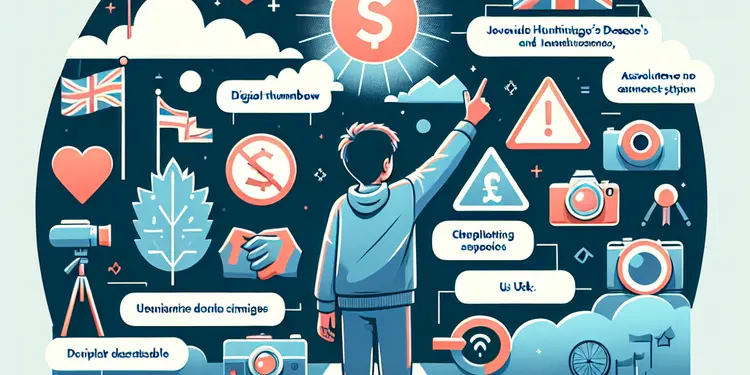
What is Juvenile Huntington's disease?
Relevance: 58%
-

Are there treatments available for Huntington's disease?
Relevance: 57%
-
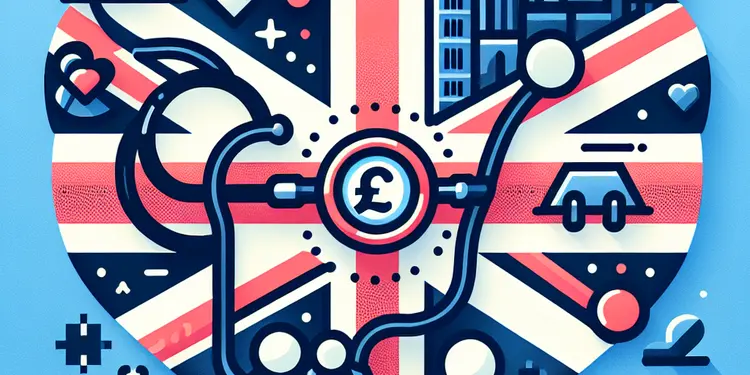
What support is available for families affected by Huntington's disease?
Relevance: 50%
-
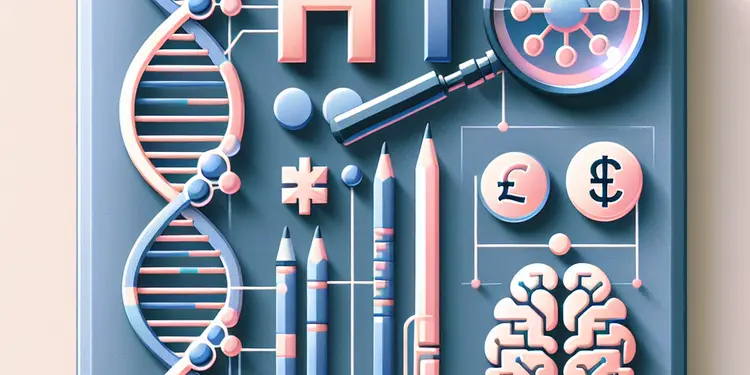
What role does the HTT gene play in Huntington's disease?
Relevance: 49%
-
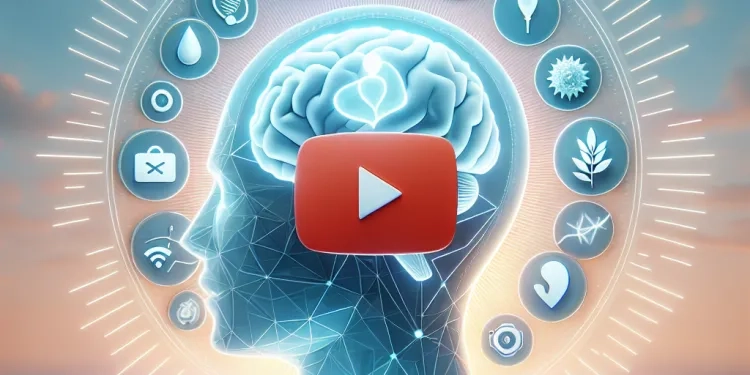
Can Alzheimer's disease be prevented?
Relevance: 44%
-

How do you prevent Lyme disease?
Relevance: 43%
-

Can Marburg virus disease be prevented?
Relevance: 42%
-

Are there any preventative measures for flesh-eating disease?
Relevance: 42%
-
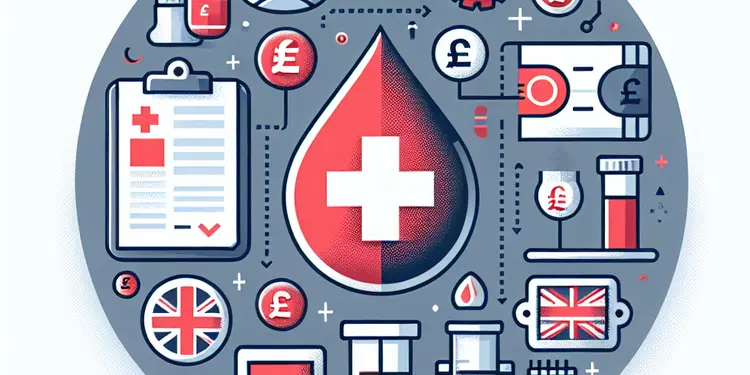
Why is blood donation history important in preventing disease transmission?
Relevance: 37%
-
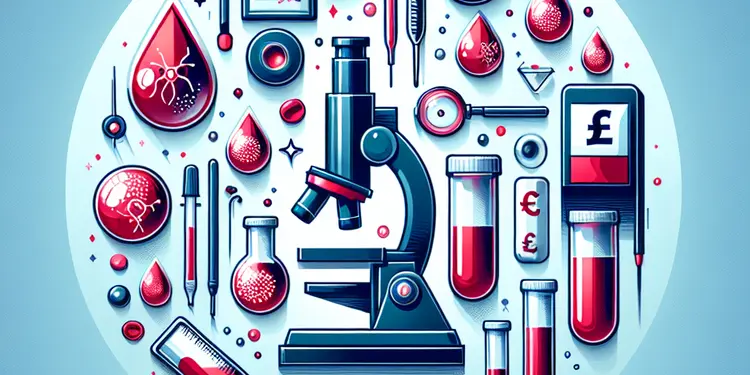
How is blood screened to prevent disease transmission?
Relevance: 37%
-
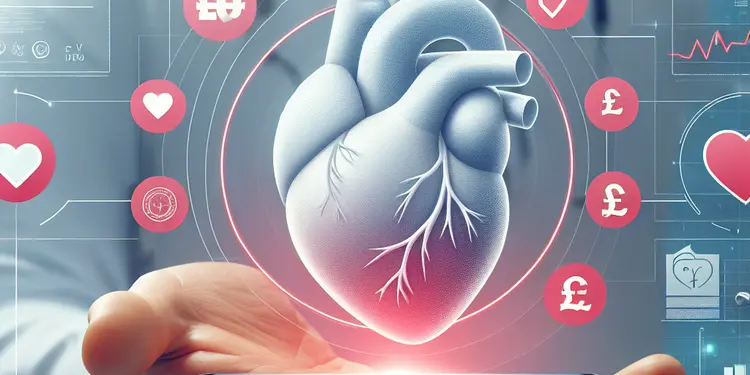
Can lifestyle changes reduce the need for medication for heart disease prevention?
Relevance: 36%
-
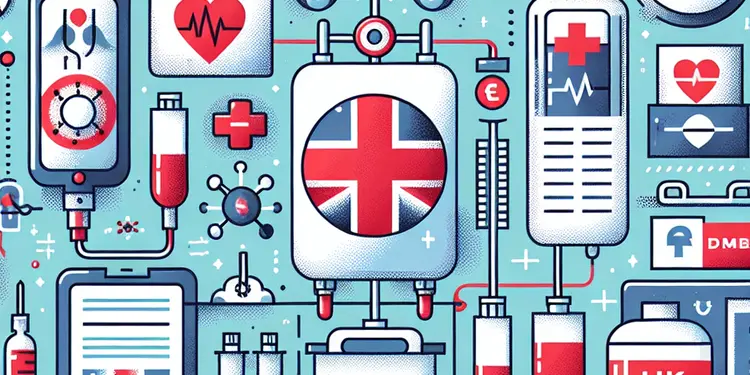
What measures are taken to prevent disease transmission in blood transfusions?
Relevance: 36%
-
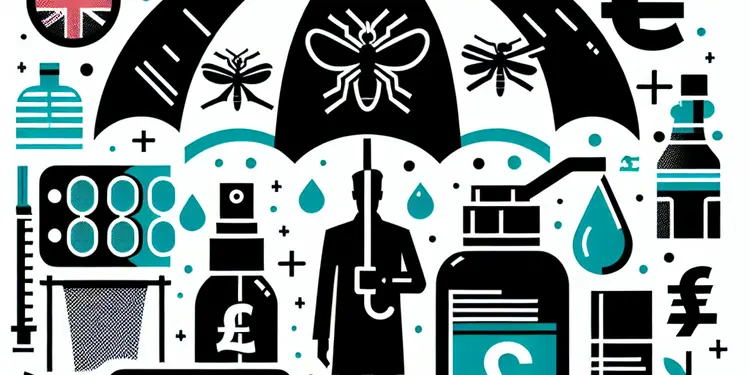
What measures are being taken to prevent mosquito-borne diseases in the UK?
Relevance: 32%
-

Liver disease | NHS
Relevance: 31%
-
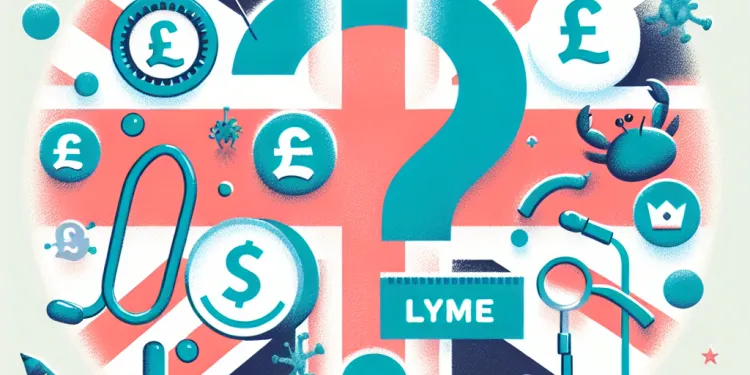
What is Lyme Disease?
Relevance: 31%
-

Is there a vaccine for Lyme disease?
Relevance: 30%
-

Is flesh-eating disease contagious?
Relevance: 30%
-
Can mitochondrial disease be prevented?
Relevance: 30%
-

Can Lyme disease be treated?
Relevance: 30%
-

Do UK mosquitoes carry diseases?
Relevance: 30%
-
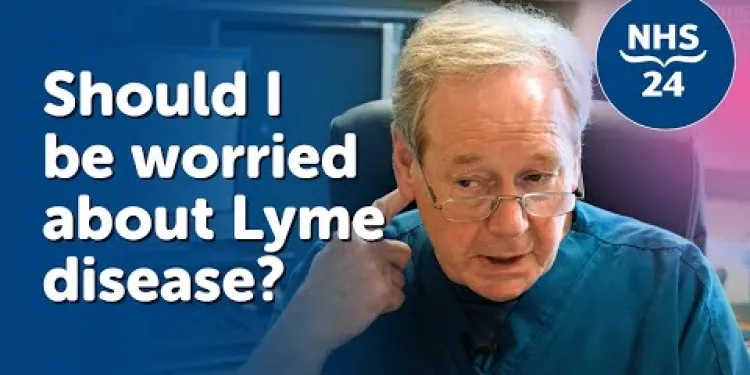
Lyme disease: What is it?
Relevance: 30%
-

What is a flesh eating disease?
Relevance: 29%
-
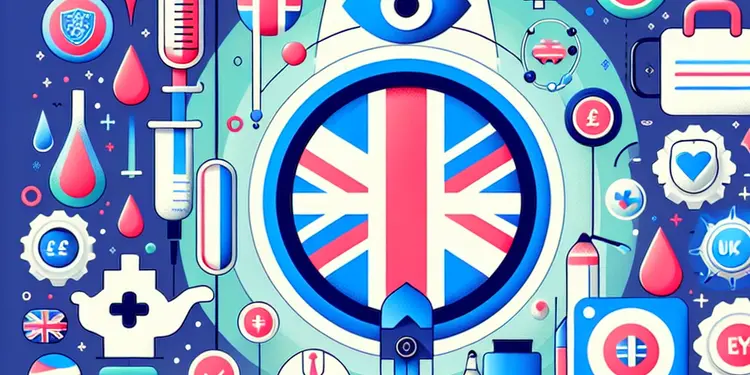
Can hypotony be prevented?
Relevance: 29%
-

How is Lyme disease transmitted?
Relevance: 29%
Understanding Huntington's Disease
Huntington's disease is a genetic disorder that affects the brain, leading to the progressive degeneration of nerve cells. It greatly impacts the patient's ability to move, think, and manage emotions. The disease is caused by a genetic mutation in the huntingtin (HTT) gene, which is inherited in an autosomal dominant manner. This means that if one parent has the defective gene, there is a 50% chance of passing it onto their offspring.
Can Huntington's Disease Be Prevented?
Currently, there is no known way to prevent Huntington's disease. Since it is a genetic disorder, individuals who carry the mutated gene will eventually develop the disease if they live long enough. Because it is an inherited condition, the prevention focus is primarily on the aspect of transmission to future generations. As such, options for individuals at risk or carrying the gene centre around family planning considerations.
Genetic Testing and Counseling
Genetic testing is a critical tool for those with a family history of Huntington's disease. Predictive genetic testing can determine whether an individual has inherited the defective HTT gene before any symptoms appear. Knowing one's genetic status can inform decisions regarding family planning and potential interventions. Genetic counseling is recommended concurrently with testing to help individuals understand their risks, make informed decisions, and cope emotionally with the results.
Family Planning Options
For those who carry the Huntington's disease gene and wish to have children, there are several family planning options to consider. Preimplantation genetic diagnosis (PGD), used in conjunction with in vitro fertilization (IVF), allows for the selection of embryos that do not carry the HTT mutation. Another option is prenatal testing, such as chorionic villus sampling or amniocentesis, to test for the disease early in pregnancy. These options help prospective parents reduce the risk of passing the disorder to their children.
Research and Potential Future Prevention
While there is no current way to prevent the onset of Huntington's disease, ongoing research holds promise for future prevention or delay of the disease. Scientists are actively exploring various approaches, such as gene editing technologies like CRISPR, which aim to correct the genetic mutation. Additionally, research into gene silencing techniques seeks to reduce the production of the mutant huntingtin protein. These methods, although still in experimental stages, offer hope for the development of preventative therapies in the future.
Conclusion
In summary, while Huntington's disease cannot be prevented at present, knowledge about one's genetic status and family planning options provide ways to manage the risk to future generations. Advances in medical research continue to pave the way for potential preventative measures, bringing hope to those affected by the disease. For those at risk, genetic counseling remains a crucial resource for making informed decisions about their health and family.
Understanding Huntington's Disease
Huntington's disease is a condition that affects the brain. It makes it hard for people to move, think, and handle their feelings. It happens because of a change in a gene called huntingtin (HTT). If a parent has this changed gene, their child has a 50% chance of getting it too.
Can Huntington's Disease Be Prevented?
Right now, there is no way to stop Huntington's disease from happening. It is something people can inherit if they have the gene. People who have the gene will get the disease if they live long enough. Since it is inherited, people focus on not passing it to their children. This means they have to think carefully about having kids.
Genetic Testing and Counseling
If someone in your family has Huntington's, you can take a special test to see if you have the gene before you have any signs. This is called genetic testing. Knowing if you have the gene can help you decide if you want to have children and what to do next. It is a good idea to talk to a genetic counselor. They can help you understand the test results and what they mean for you and your family.
Family Planning Options
If you have the Huntington's gene and want children, there are choices. One is called preimplantation genetic diagnosis (PGD), which is used with a process called in vitro fertilization (IVF). This helps pick embryos that do not have the gene. Another choice is prenatal testing, where doctors test to see if the baby has the gene early in pregnancy. This helps parents lower the chance of passing the disease to their children.
Research and Potential Future Prevention
Scientists are looking for ways to stop Huntington's disease in the future. They are trying new methods, like changing or fixing the gene. One way is using a technology called CRISPR. Researchers are also studying how to stop the body from making the bad huntingtin protein. These ideas are still being tested, but they might help prevent the disease someday.
Conclusion
To sum up, Huntington's disease can't be stopped yet, but knowing if you have the gene and planning carefully can help reduce risks for future children. Science is working hard to find new ways to prevent the disease. If you are at risk, talking to a genetic counselor can help you make good choices for yourself and your family.
Frequently Asked Questions
What is Huntington's disease?
Huntington's disease is a genetic disorder that causes the progressive breakdown of nerve cells in the brain, affecting a person's physical and mental abilities.
Is there a known cure for Huntington's disease?
Currently, there is no cure for Huntington's disease, but there are treatments available to help manage symptoms.
Can Huntington's disease be prevented?
Huntington's disease cannot be prevented because it is a genetic disorder caused by a specific inherited genetic mutation.
What causes Huntington's disease?
Huntington's disease is caused by a mutation in the HTT gene on chromosome 4, which leads to the production of an abnormal version of the huntingtin protein.
How is Huntington's disease inherited?
It is inherited in an autosomal dominant pattern, meaning a child has a 50% chance of inheriting the disorder if one parent has the mutated gene.
Are there any genetic tests available for Huntington's disease?
Yes, genetic testing can determine whether a person has the mutation that causes Huntington's disease.
What are the early symptoms of Huntington's disease?
Early symptoms may include mood swings, depression, irritability, and minor involuntary movements.
At what age do symptoms of Huntington's disease typically appear?
Symptoms typically appear between the ages of 30 and 50, but they can start earlier or later in life.
Is prenatal testing available for Huntington's disease?
Yes, prenatal testing can determine if a fetus has the Huntington's disease mutation.
Can lifestyle changes prevent Huntington's disease?
Lifestyle changes cannot prevent Huntington's disease since it is genetic, but they may help manage symptoms and improve quality of life.
How is Huntington's disease managed?
Management includes medications, physical therapy, speech therapy, and support for daily living activities.
Can genetic counseling help families affected by Huntington's disease?
Genetic counseling can provide information on risks, testing, and family planning options for those affected by or at risk of Huntington's disease.
Is there ongoing research to find a cure for Huntington's disease?
Yes, ongoing research seeks to better understand the disease and develop potential treatments or a cure.
How does Huntington's disease progress over time?
The disease causes progressive decline, affecting motor skills, cognition, and behavior over 10-25 years after symptoms start.
What are the common motor symptoms in Huntington's disease?
Motor symptoms include involuntary jerking, muscle problems, slow or abnormal eye movements, and difficulty with speech and swallowing.
Can people with Huntington's disease live a normal lifespan?
Individuals with Huntington's disease often have a reduced lifespan, but supportive care can improve quality of life.
Does the age of symptom onset affect the progression of Huntington's disease?
Yes, typically younger onset is associated with a more rapid progression, while later onset may progress more slowly.
Are there support groups available for those affected by Huntington's disease?
Yes, there are numerous support groups and resources available for patients and families affected by Huntington's disease.
Can diet and exercise influence the progression of Huntington's disease?
While they can't prevent the disease, a healthy diet and regular exercise may help manage symptoms and maintain function.
What role does the huntingtin protein play in the body?
The normal huntingtin protein is involved in nerve cell function, but its exact role is not fully understood. The mutated form leads to cell death and dysfunction.
What is Huntington's disease?
Huntington's disease is a sickness that affects the brain. It can make it hard for people to think, move, and talk.
The sickness usually starts when someone is older. It gets worse over time.
Doctors can do tests to find out if someone has Huntington's disease. But there is no cure right now.
Supportive tools like pictures or videos can help explain what Huntington's disease is. You can also talk to doctors or caregivers for more help.
Huntington's disease is an illness that people get because of their genes. It causes nerve cells in the brain to slowly stop working. This affects how a person moves and thinks.
Supportive tools or techniques: Talking with a doctor, using helpful videos, and reading simple books can make this easier to understand.
Is there a cure for Huntington's disease?
Huntington's disease is a sickness that affects the brain.
Right now, there is no cure for it. But doctors and scientists are working hard to find one.
If you know someone with this disease, talking to a doctor can help you learn more about it.
There are some treatments that can help with the symptoms. These treatments can help people feel better.
If reading is hard, you can use tools that read text out loud. You can also ask someone to read with you.
Right now, doctors can't make Huntington's disease go away. But there are ways to help with how it makes you feel.
Can we stop Huntington's disease from happening?
We can't stop Huntington's disease. It is something you are born with because of a change in your genes that you get from your parents.
What makes Huntington's disease happen?
Huntington's disease is a health problem that happens because of a change in a gene. This gene is called HTT and is on chromosome 4. The change makes a protein called huntingtin that doesn't work properly.
How do people get Huntington's disease?
Huntington's disease is a health problem you can get from your parents. It's a "family gene problem." This means if a parent has it, their children might get it too. Each child has a chance of getting the gene from the parent. It’s like flipping a coin.
If you need help understanding big words, you can ask an adult or look things up in a simple dictionary. Using pictures or watching videos about the topic can also help.
This condition is passed down from parents to children. It is called "autosomal dominant." If one parent has the special gene, each child has a 50% chance to also get it.
Can you get a test for Huntington's disease in your genes?
Yes, a special test can show if someone has the change in their genes that causes Huntington's disease.
What are the first signs of Huntington's disease?
Huntington's disease can cause changes in the body and mind. Here are some early signs:
- Problems with moving, like getting shaky or clumsy.
- Trouble with thinking clearly or remembering things.
- Feeling sad or angry often.
Using pictures, videos, or asking someone for help can make it easier to understand these signs.
Early signs might be feeling happy then sad, feeling down, getting annoyed easily, and small movements you can't control.
When do signs of Huntington's disease usually start?
Huntington's disease is a sickness that can cause problems with thinking, moving, and talking. The signs, or symptoms, often start when a person is around 30 to 50 years old.
If someone you know has this sickness, try using simple words and pictures to help explain things. Talking slow and being kind can also help.
People usually start to feel symptoms between ages 30 and 50. But, sometimes, symptoms can start when you are younger or older.
Tips to help you understand: - Use a calendar to track symptoms. - Talk to someone you trust about how you feel. - Use simple words to explain your feelings when talking to a doctor.
Can doctors test for Huntington's disease before a baby is born?
Yes, there are tests that can check if a baby in the womb has the gene for Huntington's disease.
Can changing how you live stop Huntington's disease?
Huntington's disease is an illness that affects the brain.
Changing how you live, like eating healthy food and doing exercise, cannot stop Huntington's disease. But it can help you feel better.
Ask your doctor or nurse for help. They can tell you things to do that will help.
You can't stop Huntington's disease because it runs in families, but you can make changes to feel better and help with the symptoms.
How do doctors help people with Huntington's disease?
Huntington's disease is a sickness that affects the brain. It can make it hard to move, think, and feel. Doctors and helpers use different ways to make life easier for people with Huntington's disease. Here are some ways they help:
- Medicine: Doctors might give pills to help with moving or feeling sad. These pills can make muscles move better and lift mood.
- Exercise: Moving your body and staying active is good. A helper can show good exercises to keep muscles strong.
- Healthy Eating: Eating good food helps keep the body strong. A food expert can help pick the right foods.
- Talking to Someone: Talking to a counselor or joining a group can help with feelings.
- Extra Tools: Things like a walker or special utensils can help with everyday tasks.
It’s important to work with doctors, nurses, and other helpers to find the best way to feel better. A friend or family member can join in and help too. Including visuals or demonstration videos for exercises can be supportive techniques to enhance understanding.
To help manage things, you can use medicines. You can also do exercises, get help with speaking, and get support for everyday activities.
If you need more help, you can try using pictures, videos, or talking tools. These can make understanding easier.
How can genetic counseling help families with Huntington's disease?
Genetic counseling helps families learn about Huntington's disease. A counselor can explain how the disease is passed down in families.
Families can talk about their worries and feelings. They can ask questions and get support.
Counselors can help families make plans for the future. They can also connect families with more support if needed.
Tools to help:
- Use easy-to-read books about Huntington's disease.
- Ask a family member or friend to help understand the information.
- Use pictures or drawings to make things clearer.
Genetic counseling helps people understand Huntington's disease. It can give information about:
- Risks: How likely it is to get the disease.
- Testing: Finding out if someone has the disease.
- Family planning: Making choices about having children.
Tools that might help are using pictures, simple words, and asking questions if you don't understand.
Are scientists trying to find a cure for Huntington's disease?
Yes, scientists are working to find a way to stop or cure Huntington's disease.
They are doing tests and studies to learn more about the disease.
Tools like pictures and easy-to-read guides can help you understand more about their work.
Yes, people are working hard to learn more about the illness and find ways to make people better or stop the illness.
What happens to the body over time with Huntington's disease?
The illness gets worse over time. It makes it hard for the body to move, think, and act. This happens slowly over 10 to 25 years after it starts.
What body movements happen in Huntington's disease?
People with Huntington's disease may have problems with moving their bodies. These are some common things they might feel:
- They might move in ways they don't mean to, like jerking or twisting.
- They may have stiff muscles that make it hard to move.
- They could have trouble with balance and fall easily.
- It might be hard for them to talk clearly.
- Walking can be slow or difficult.
These body movements can make it hard to do daily activities.
Tools or tips that might help:
- Use simple exercises to keep muscles strong and flexible.
- Try using a cane or walker for better balance.
- Speech therapy can help with talking clearly.
- Occupational therapy can support daily tasks.
Some signs that your body is not working right can include shaking that you can't control, muscles acting strangely, eyes moving slowly or strangely, and trouble talking or swallowing.
Can people with Huntington's disease live as long as others?
Huntington's disease is an illness that affects the brain. It can make people sick, and they might need help from doctors.
People with Huntington's disease may not live as long as others. But doctors are working hard to help. Some people can live a long time with the right care.
If you have Huntington's disease or know someone who does, talk to a doctor. They can give good advice and help you stay healthy.
Using pictures or apps can also help you understand more about the illness. These tools can make learning easier.
People with Huntington's disease may not live as long, but getting help and care can make them feel better and happier.
Does When You Get Symptoms Change How Fast Huntington's Gets Worse?
Huntington's disease is a sickness that affects the brain. It can start showing signs (symptoms) when people are different ages.
If symptoms start when you are younger, the sickness might get worse faster. If symptoms start when you are older, it might go slower.
Some helpful tools for understanding this are:
- Using pictures or diagrams.
- Talking to someone who knows about Huntington's, like a doctor.
- Watching videos that explain it simply.
Yes, when it starts younger, it can get worse faster. If it starts later, it might get worse more slowly.
Can people with Huntington's disease get help from support groups?
Yes, people with Huntington's disease can find help from support groups.
Support groups are places where you can talk to others, share your thoughts, and get advice.
You can join a support group to meet people who understand what you are going through.
Here are some ways you can find support:
- Ask your doctor about local groups.
- Look for online groups where you can chat with others.
- Call a helpline for more information.
Joining a support group can help you and your family feel better and less alone.
Yes, there are many groups and resources that can help people and families with Huntington's disease.
Can food and exercise change how Huntington's disease gets worse?
Huntington's disease is an illness that affects the brain. This means trying to eat healthy foods and exercise might help slow it down.
Here are some tips:
- Eat fruits, vegetables, and whole grains.
- Try to stay active with fun exercises like walking or dancing.
It's important to talk to a doctor for help and information. They can suggest what food and exercises are best for you.
Eating healthy food and doing regular exercise won't stop the disease, but they can help you feel better and stay strong.
What does the huntingtin protein do in the body?
The huntingtin protein helps the body work well. It is important for your brain and body to stay healthy.
If you need help reading this, try using tools like audiobooks or ask someone to read with you.
The normal huntingtin protein helps nerve cells work. We do not fully know how it helps. When the protein changes in a bad way, it can make cells stop working and die.
Useful Links
This website offers general information and is not a substitute for professional advice.
Always seek guidance from qualified professionals.
If you have any medical concerns or need urgent help, contact a healthcare professional or emergency services immediately.
Some of this content was generated with AI assistance. We’ve done our best to keep it accurate, helpful, and human-friendly.
- Ergsy carfully checks the information in the videos we provide here.
- Videos shown by Youtube after a video has completed, have NOT been reviewed by ERGSY.
- To view, click the arrow in centre of video.
- Most of the videos you find here will have subtitles and/or closed captions available.
- You may need to turn these on, and choose your preferred language.
- Go to the video you'd like to watch.
- If closed captions (CC) are available, settings will be visible on the bottom right of the video player.
- To turn on Captions, click settings .
- To turn off Captions, click settings again.
More Items From Ergsy search
-

Can Huntington's disease be prevented?
Relevance: 100%
-

Is Huntington's disease fatal?
Relevance: 85%
-

What is Huntington's disease?
Relevance: 85%
-

Can Huntington's disease be cured?
Relevance: 81%
-

What causes Huntington's disease?
Relevance: 80%
-

How is Huntington's disease diagnosed?
Relevance: 80%
-

What are the symptoms of Huntington's disease?
Relevance: 79%
-

What research is being done on Huntington's disease?
Relevance: 77%
-

How does Huntington's disease affect emotions?
Relevance: 74%
-

How does Huntington's disease affect movement?
Relevance: 74%
-

How does Huntington's disease affect cognition?
Relevance: 74%
-

At what age do symptoms of Huntington's disease typically appear?
Relevance: 74%
-

What is the role of genetic testing in Huntington's disease?
Relevance: 74%
-

What kinds of specialists are involved in treating Huntington's disease?
Relevance: 72%
-

Can lifestyle changes help manage Huntington's disease?
Relevance: 70%
-

How is Huntington's disease inherited?
Relevance: 58%
-

What is Juvenile Huntington's disease?
Relevance: 58%
-

Are there treatments available for Huntington's disease?
Relevance: 57%
-

What support is available for families affected by Huntington's disease?
Relevance: 50%
-

What role does the HTT gene play in Huntington's disease?
Relevance: 49%
-

Can Alzheimer's disease be prevented?
Relevance: 44%
-

How do you prevent Lyme disease?
Relevance: 43%
-

Can Marburg virus disease be prevented?
Relevance: 42%
-

Are there any preventative measures for flesh-eating disease?
Relevance: 42%
-

Why is blood donation history important in preventing disease transmission?
Relevance: 37%
-

How is blood screened to prevent disease transmission?
Relevance: 37%
-

Can lifestyle changes reduce the need for medication for heart disease prevention?
Relevance: 36%
-

What measures are taken to prevent disease transmission in blood transfusions?
Relevance: 36%
-

What measures are being taken to prevent mosquito-borne diseases in the UK?
Relevance: 32%
-

Liver disease | NHS
Relevance: 31%
-

What is Lyme Disease?
Relevance: 31%
-

Is there a vaccine for Lyme disease?
Relevance: 30%
-

Is flesh-eating disease contagious?
Relevance: 30%
-
Can mitochondrial disease be prevented?
Relevance: 30%
-

Can Lyme disease be treated?
Relevance: 30%
-

Do UK mosquitoes carry diseases?
Relevance: 30%
-

Lyme disease: What is it?
Relevance: 30%
-

What is a flesh eating disease?
Relevance: 29%
-

Can hypotony be prevented?
Relevance: 29%
-

How is Lyme disease transmitted?
Relevance: 29%


